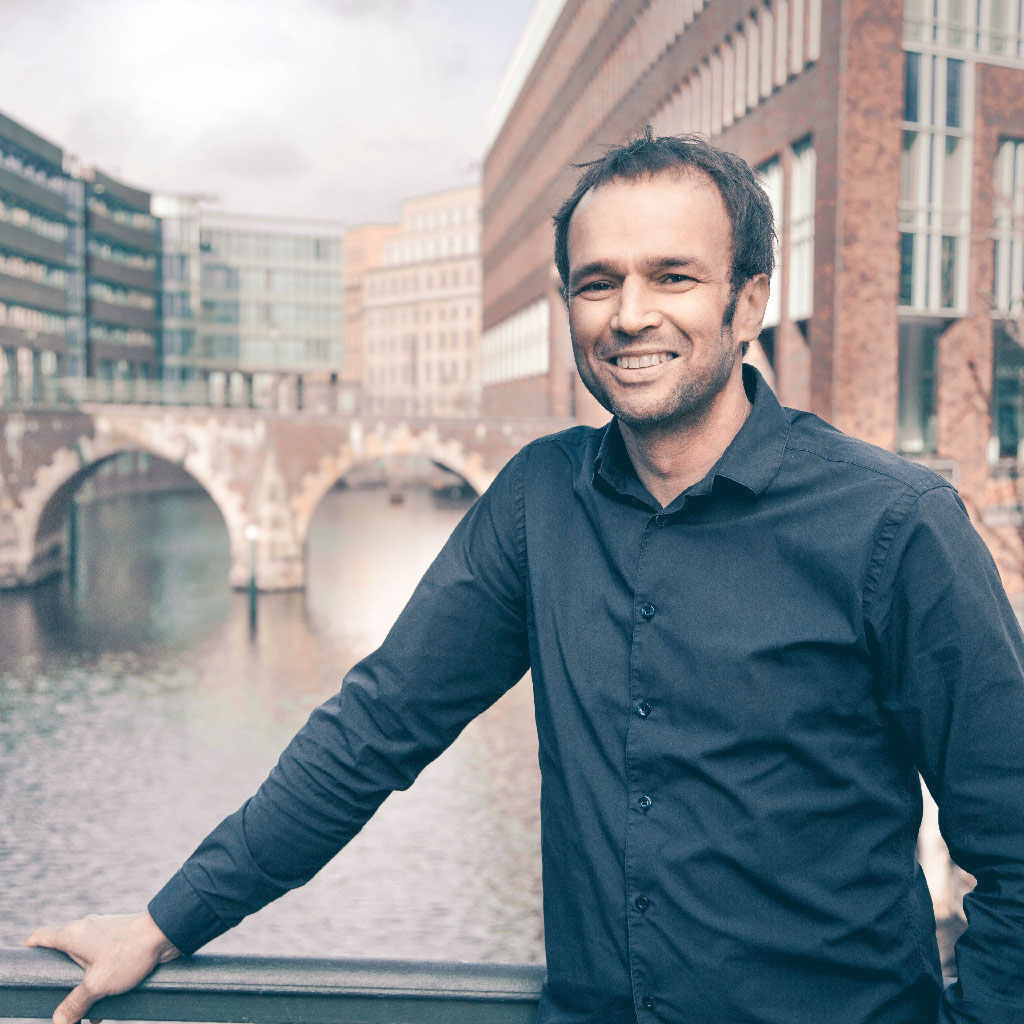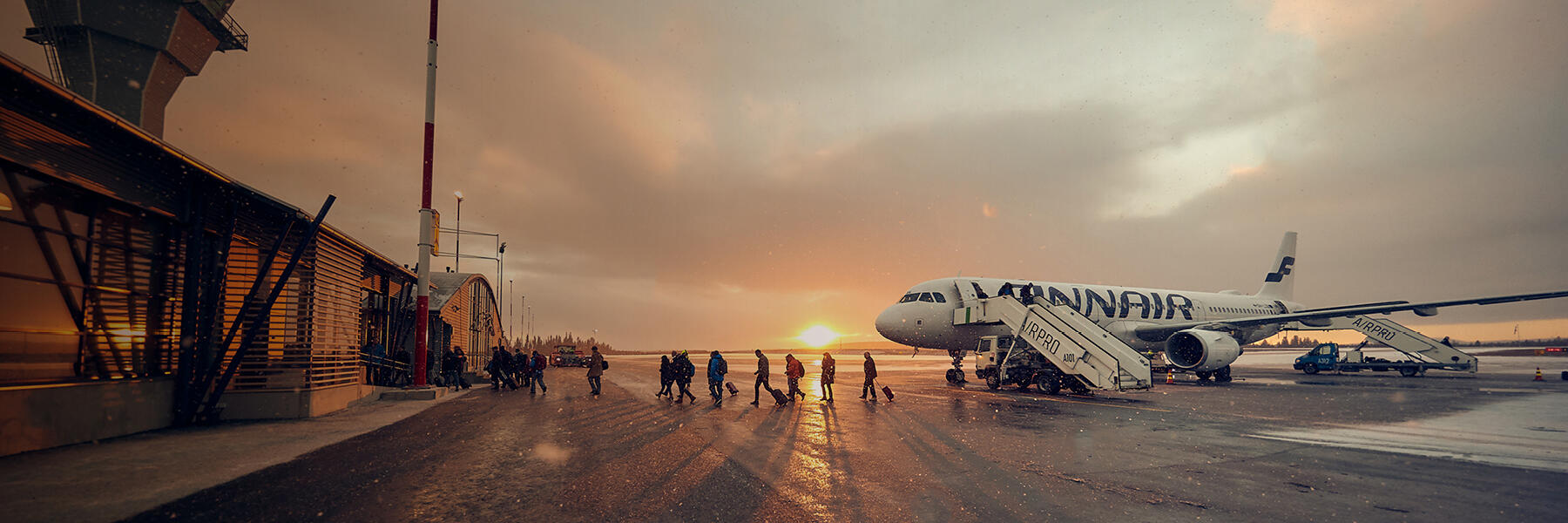Despite the amount of buzz in the automotive industry about the potential of fully autonomous cars, most manufacturers will need to collaborate closely with forward-thinking service and technology providers to bring that vision to life.
That’s where innovative companies like MOIA come in. MOIA is a market-leading ride-pooling service provider in Hanover and Hamburg. An independent company, operating under the Volkswagen group, their goal is to provide services that make cities more convenient and safer to live in.
To help them achieve this goal, the company is expanding into the autonomous vehicles space — aiming to evolve their ride-pooling service that reduces pollution, congestion, noise, and improves convenience for citizens.
An ambitious switch to autonomous ride-pooling
MOIA has operated its popular ride-pooling service for the past six years, relying on human drivers to serve its customers. But, the company’s services can only run when drivers are available, and relying on human drivers requires a significant amount of hiring and training effort. Also, using this operating model, there’s a limit on how far MOIA can optimize its routes — service efficiency is highly dependent on driver efficiency.
This is where autonomous vehicles offer new opportunities for the organization to expand its existing fleet, make its services more available and accessible, and closer meet its customers’ needs.
To deliver a truly comprehensive autonomous service, MOIA isn’t just focusing on automating the driving process, either. It automates most functionality and the fleet management processes involved with delivering a ride-pooling service smoothly. From user authentication via smartphone to remote operations on how luggage is stowed.
Unlike many automotive organizations which use a waterfall approach for development, MOIA was already using agile and iterative practices to deliver its services. However, to achieve its ambitious goal of introducing autonomous vehicles for ride-pooling and other use cases in the next couple of years, the company knew it would need a partner with experience in building high performing teams and reinforcing quality across hardware and software in the loop setups.
Using agile principles and sensible defaults to accelerate development and quality assurance
We worked as part of MOIA’s teams to help establish agile delivery practices — such as continuous improvement, threat modeling, pair programming and test automation including simulation and hardware in the loop.
These practices were shared across the company through hands-on work as knowledge sharing sessions, emphasizing high quality and fast delivery at every stage. MOIA drives these agile principles, from the tests on local PCs to test benches as well as with physical vehicles.
While the teams working closely with hardware are using mostly C++ and ROS 2 on the embedded side, teams are using Golang, AWS cloud, Flutter, Python and QEMU for simulation, and a wide range of other tools.

Thoughtworks has helped us create highly efficient teams, increase collaboration throughout our autonomous ride-hailing project, and ensure every team owns the products they’re developing.
Thoughtworks has helped us create highly efficient teams, increase collaboration throughout our autonomous ride-hailing project, and ensure every team owns the products they’re developing.
The next step: Live testing across the city
We’re currently preparing with MOIA to test its vehicles in live settings, using Hamburg as a blueprint for laying the foundations for development and testing, with a route network of approximately 50 km.
Testing under real conditions with a safe, systematic setup will allow the team to evaluate the vehicles’ performance in coping with complex road conditions and traffic challenges. Once this proof of concept is completed successfully, MOIA will provide the service to real customers.
Once the service is live and scaled further throughout the city, MOIA predicts that its autonomous vehicles will be able to exist alongside driver-driven vehicles, improve availability, and reduce congestion. The company is even exploring how the service can be expanded and evolved.



















